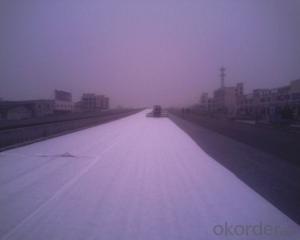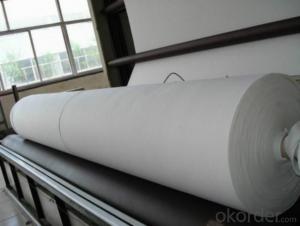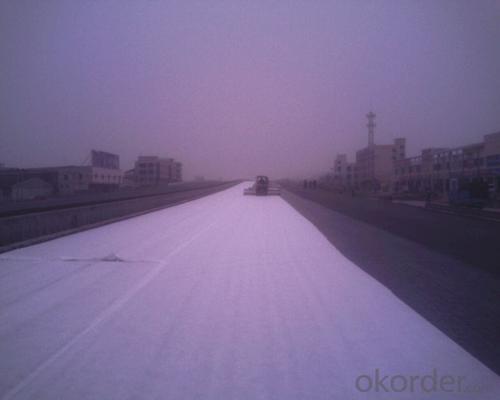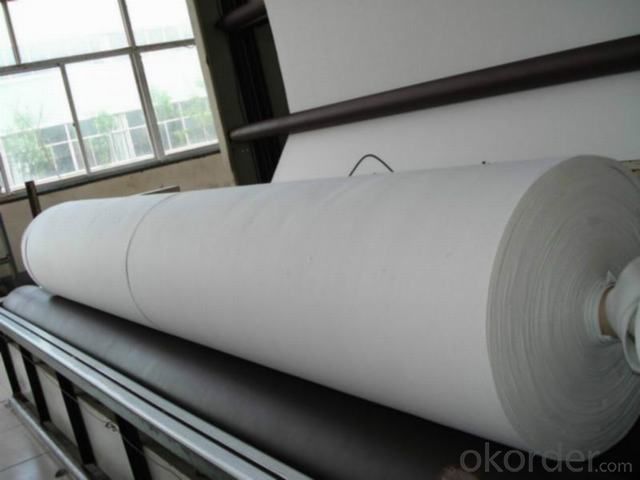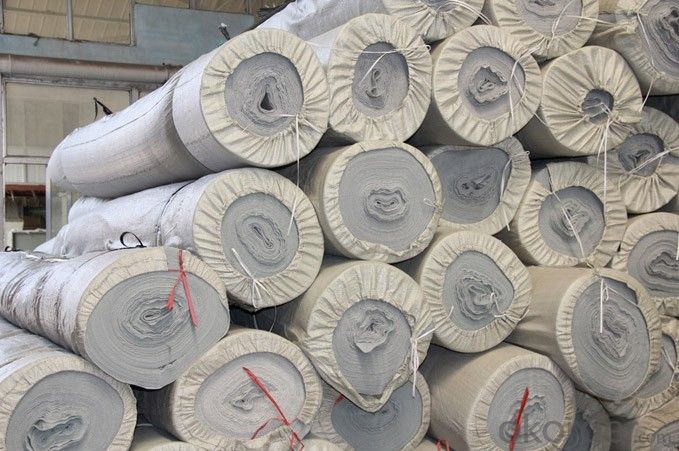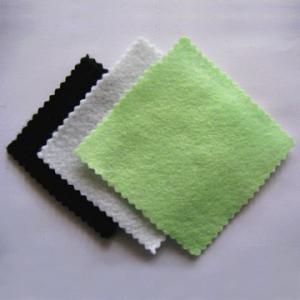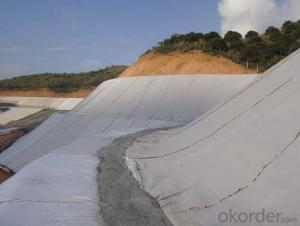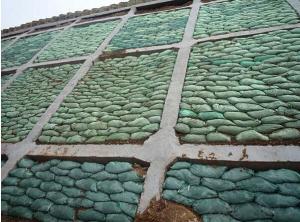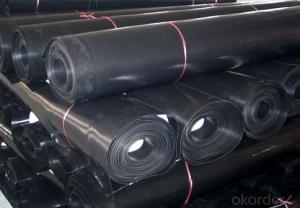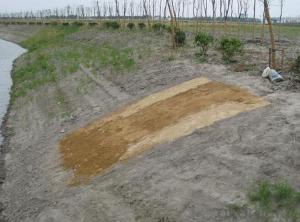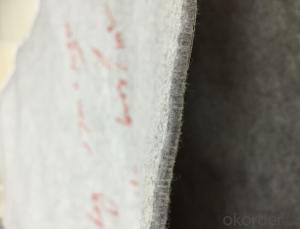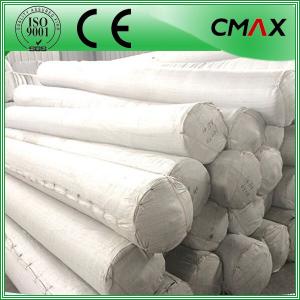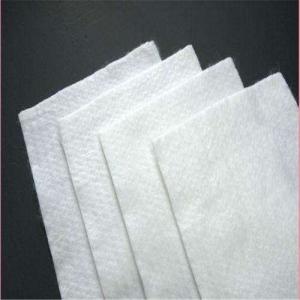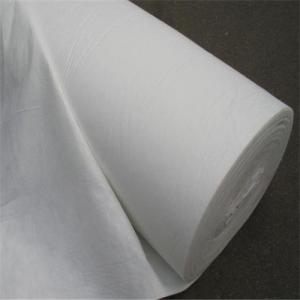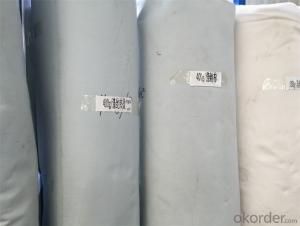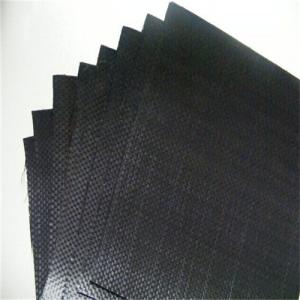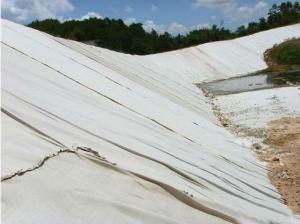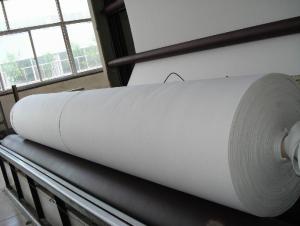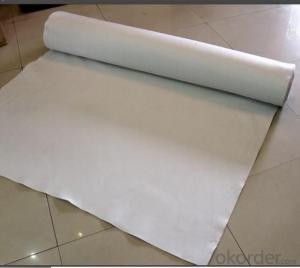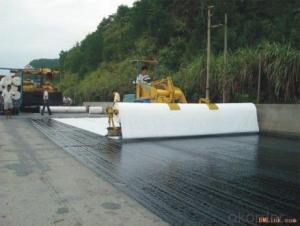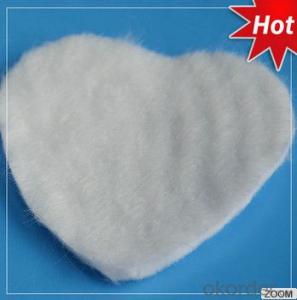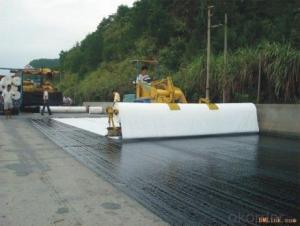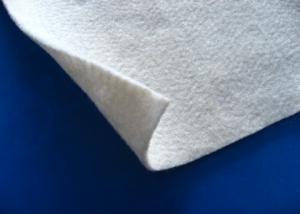Tencate Nonwoven Geotextile for Road Engineering
- Loading Port:
- Qingdao
- Payment Terms:
- TT OR LC
- Min Order Qty:
- 20000 m²
- Supply Capability:
- 1500000 m²/month
OKorder Service Pledge
OKorder Financial Service
You Might Also Like
Functions of Non-woven Geotextile for Road Engineering
1.Separation
The isolation of the railway dregs and the roadbed, roadbed and the soft base, surface of the airdrome and parking lot and the groundsill, different dam materials. It isolates the soil and the gravel of two kinds different.granule pathway from the groundsill or other buildings.
2.Reinforcement
The highway, railway, soil-stone dam, breakwater, airport, backfill soil of retaining wall, slope protection, etc in which distributes the earth stress, prevents the side-displacement of the earth body and improves the earthbody stability.
3.Protection
It prevents the bank from being washed out, protects the bank and the bottom, prevents the water and soil from being washed away
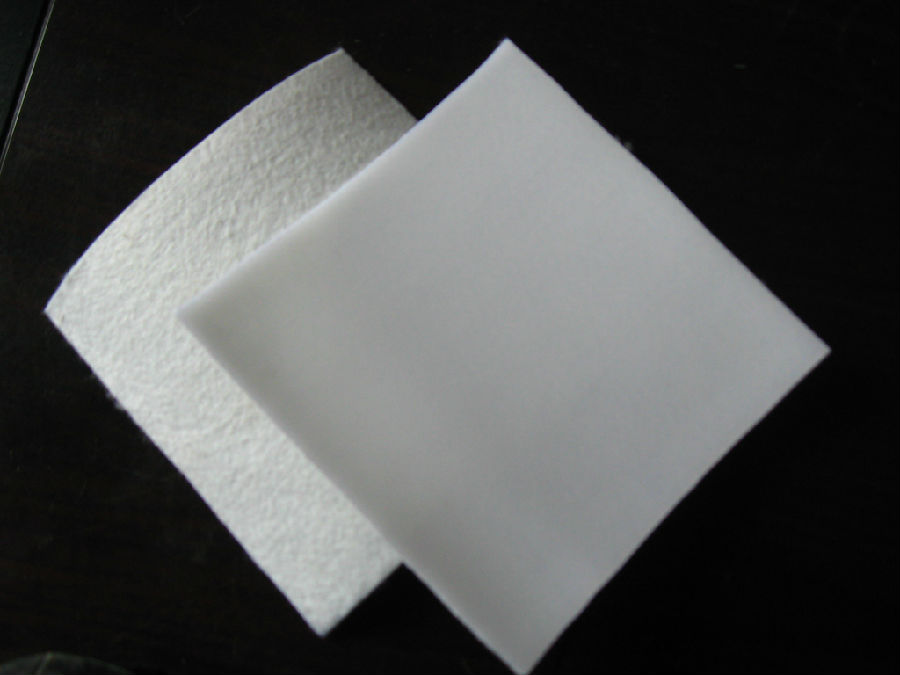
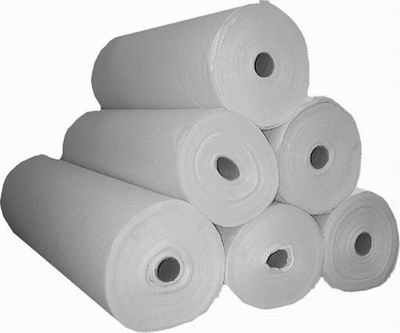
- Q: Mainly on the cement concrete laying asphalt overlay and deck pavement, a bit puzzled, sticky words and how to design more
- Can be set together, geotextile in the lower layer can play a good pull, the role of protection!
- Q: Geotextile above allowed to plant grass?
- Geotextile above the grass To protect the slope, then the direct use of three-dimensional vegetation network can not Well! User name is the manufacturer phone! The The
- Q: Can geotextiles be used for reinforcement of railway tracks?
- Yes, geotextiles can be used for reinforcement of railway tracks. Geotextiles can provide stability and prevent the deformation of railway tracks by distributing loads and reducing stress on the subgrade. They can also improve drainage and prevent the intrusion of fine particles, enhancing the overall performance and lifespan of railway tracks.
- Q: Can geotextiles be used in tunnel construction?
- Yes, geotextiles can be used in tunnel construction. Geotextiles are often used as a reinforcement material in underground structures like tunnels to provide stability, prevent soil erosion, and improve drainage. They can be used in various applications such as tunnel lining, separation of different soil layers, and filtration of water or gases. Geotextiles offer numerous benefits in tunnel construction, including increased safety, reduced maintenance, and enhanced durability.
- Q: Roof garden pool at the bottom with pebbles, pebbles above with geotextile, geotextile above the soil
- Geotextile laying on the soil can be, goose soft stone has replaced the effectiveness of the drainage board. Geotextile play a filtering effect, the excess water through the cloth, go through goose soft stone flow. Soil is geotextile interception, will not be lost, plug the drain, Huazhi geotextile material manufacturers.
- Q: Are geotextiles commonly used in canal bank protection?
- Yes, geotextiles are commonly used in canal bank protection. They provide reinforcement and stabilization to the soil, preventing erosion and maintaining the structural integrity of the canal banks.
- Q: What is the lifespan of geotextiles?
- The lifespan of geotextiles can vary depending on various factors such as the quality of the material, the environmental conditions, and the specific application. Generally, geotextiles are designed to have a durable and long-lasting lifespan ranging from 10 to 50 years. Regular maintenance and proper installation can also contribute to extending their lifespan.
- Q: What are the considerations for geotextile selection in landfill projects?
- When selecting geotextiles for landfill projects, several considerations must be taken into account. These include the desired function of the geotextile, such as separation, filtration, or drainage. The physical properties of the geotextile, such as tensile strength, puncture resistance, and thickness, are also important factors to consider. Additionally, the site conditions, such as soil type, water table, and potential for chemical exposure, should be evaluated to ensure the geotextile's compatibility. Lastly, the long-term durability and cost-effectiveness of the geotextile should be considered to ensure its suitability for the landfill project.
- Q: Are geotextiles suitable for use in high-traffic areas?
- Yes, geotextiles are suitable for use in high-traffic areas. Geotextiles have excellent strength and durability, making them ideal for reinforcing and stabilizing soil in areas with heavy foot or vehicle traffic. They can effectively prevent soil erosion and provide long-lasting support, ensuring the stability and longevity of high-traffic areas.
- Q: What are the limitations of geotextiles?
- Geotextiles have some limitations that may hinder their effectiveness in certain applications. Firstly, they are not designed to provide structural support and cannot bear heavy loads. Secondly, geotextiles are susceptible to damage from ultraviolet radiation and may degrade over time when exposed to sunlight. Additionally, they may not be suitable for use in high-flow or high-velocity water conditions as they may become clogged or displaced. Lastly, geotextiles may have limited resistance to certain chemicals and may not be compatible with certain soil types or environmental conditions.
Send your message to us
Tencate Nonwoven Geotextile for Road Engineering
- Loading Port:
- Qingdao
- Payment Terms:
- TT OR LC
- Min Order Qty:
- 20000 m²
- Supply Capability:
- 1500000 m²/month
OKorder Service Pledge
OKorder Financial Service
Similar products
Hot products
Hot Searches
Related keywords
